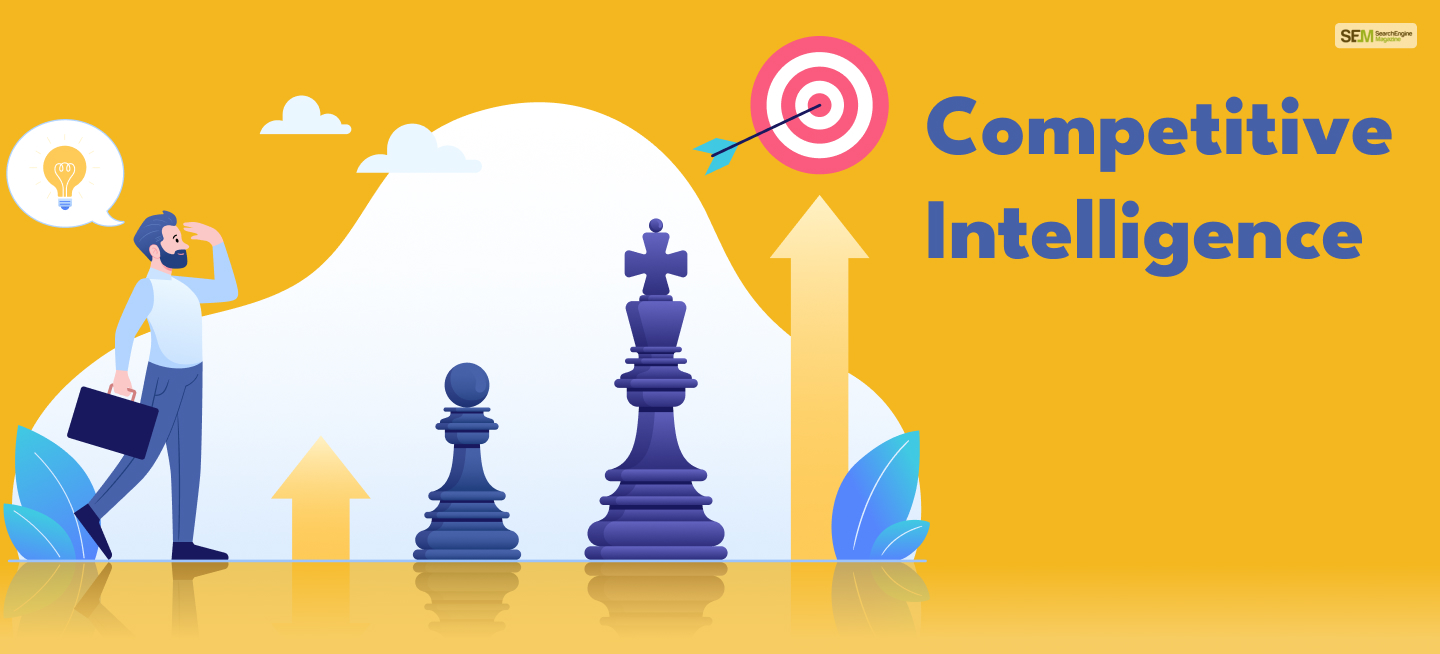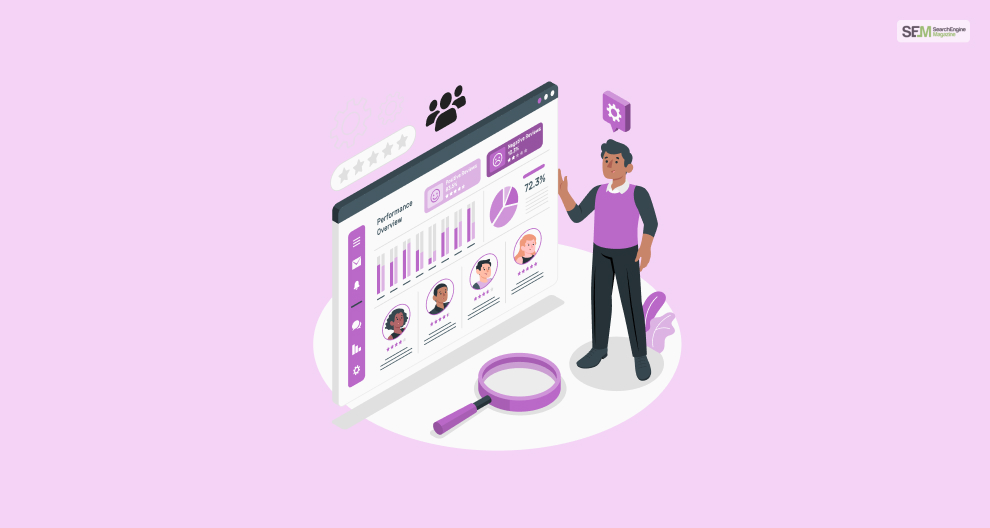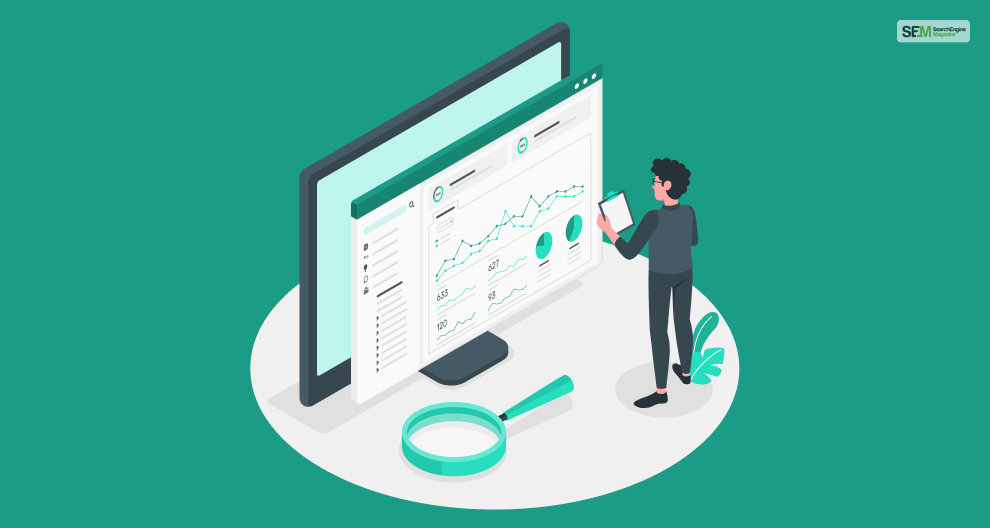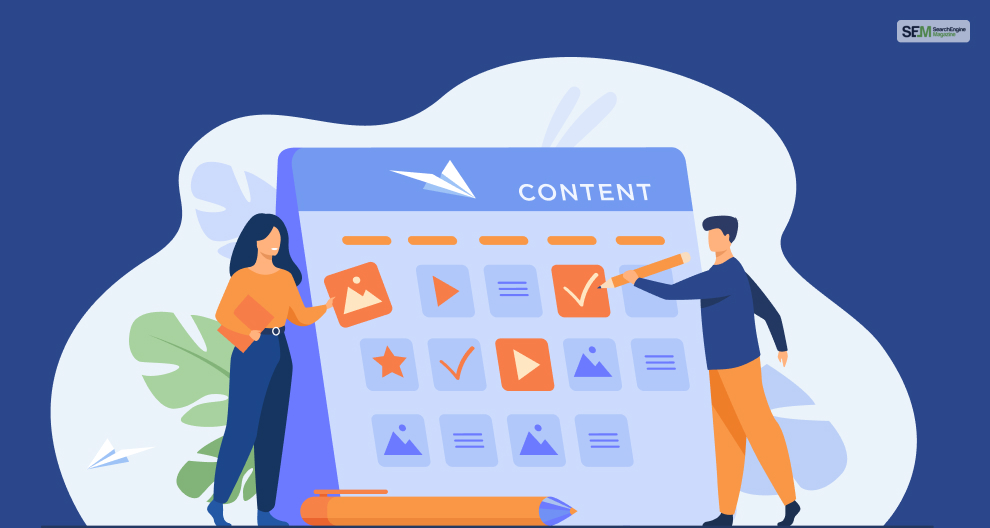How To Know If Someone Blocked You On iMessage? 5 Secret Hacks!
Apr 16, 2025

Apr 16, 2025

Apr 16, 2025

Apr 15, 2025

Apr 11, 2025

Apr 11, 2025

Apr 11, 2025

Apr 08, 2025

Mar 29, 2025
Sorry, but nothing matched your search "". Please try again with some different keywords.


The importance of competitive intelligence can be summarized by one famous quote:
If you know the enemy and know yourself, you need not fear the results of a hundred battles.” – Sun Tzu.
But what is a competitive intelligence report?
It refers to the process of gathering, analyzing, and using information about competitors and the broader competitive landscape. Its primary motive is to help you make better-informed business decisions.
It involves systematically collecting and interpreting data related to competitors, market trends, industry dynamics, and external factors.
Moreover, knowing about these factors is essential since they impact a business’s performance heavily.
Therefore, to learn more about the importance of business competitive intelligence for website owners, read this post till the end.
Competitive intelligence encompasses various types of information and analyses aimed at understanding competitors, market dynamics, and industry trends.
Here are different types of competitive intelligence, along with detailed explanations for each:

This involves gathering competitive intelligence about competitors, including their background, history, organizational structure, leadership, financials, and overall business strategies.
Therefore, understanding competitor profiles helps assess their strengths, weaknesses, capabilities, and strategies.
Moreover, it allows you to identify areas where you can compete effectively and where they might have vulnerabilities.
I recommend hiring a competitive intelligence analyst for this duty.

Always analyze competitors’ products or services in detail, including features, quality, pricing, market positioning, innovation, and customer feedback.
Therefore, understanding the strengths and weaknesses of competitor offerings helps benchmark one’s products/services.
However, it also helps identify opportunities for improvement and develop strategies to differentiate offerings in the market.

You should constantly monitor market trends, dynamics, size, growth potential, customer segments, purchasing behavior, and emerging market shifts. Marketing competitive intelligence is essential for all organizations.
Therefore, assessing the market landscape allows you to identify opportunities, understand customer needs, predict future trends, and adapt competitive strategies.

You must study customers’ preferences, behavior, satisfaction levels, and buying patterns related to both your and competitors’ products/services.
Therefore, it helps tailor products/services, marketing strategies, and customer experiences to meet market demands better than your competitors.
You should analyze competitors’ marketing strategies, branding efforts, advertising campaigns, messaging, online presence, and social media engagement strategies.
Therefore, evaluate how competitors position themselves in the market.
Moreover, this will help refine marketing strategies, identify gaps, and create more compelling messaging to attract and retain customers.

Monitor competitors’ technological advancements, patents, R&D investments, and innovation strategies.
Therefore, it will help you understand competitors’ technological capabilities.
However, it helps predict future industry trends, stay innovative, and strategically invest in R&D. Moreover, it enables you to maintain or gain a competitive edge.
Always keep track of any regulatory changes, legal challenges, compliance issues, and industry standards affecting competitors.
Therefore, being aware of legal and regulatory environments helps navigate industry challenges, avoid legal issues, and capitalize on changes.
Additionally, find out if these changes affect competitors adversely!
Try analyzing suppliers, partners, distribution channels, and competitors’ logistics.
Therefore, understanding competitors’ supply chain strategies helps optimize one’s supply chain, explore potential partnerships, and identify cost efficiencies.
This involves gathering intelligence through personal interactions, interviews, networking, and industry conferences to gain competitor insights.
Therefore, this provides nuanced and qualitative insights that might not be available through data analysis alone.
Moreover, it does so while offering a more holistic view of competitors’ strategies and intentions.
This involves ensuring that competitive intelligence activities comply with ethical standards, privacy regulations, and legal boundaries. Therefore, it emphasizes the ethical collection and use of information.
Moreover, knowing them is necessary for SEO freelancers and SEO consultants working for white-label SEO firms.
Website owners can use competitive intelligence in several ways. However, to improve your website’s online presence, understand market dynamics, and enhance your SEO strategies, follow the strategies explained below:

Always analyze your website’s performance metrics against competitors using SEO API tools like Google Analytics, SimilarWeb, or Ahrefs. Moreover, having a GA4 certification can be a plus for competitive analysis.
Therefore, benchmarking helps identify areas where your website excels or lags behind competitors, guiding improvements and setting realistic performance goals.

For your SEO and keyword strategy, there are two things you must do:
Therefore, understanding competitors’ SEO tactics helps optimize your website’s content. In addition, you can optimize your keywords and backlink strategies for improved search engine visibility and ranking.

To enhance your content strategy to the next level, you can conduct a:
Therefore, insights from competitors’ content strategies help refine your content calendar. Moreover, it lets you create more engaging content and fill gaps to cater to your audience’s needs more effectively.

To enhance the experience of the users visiting your website, conduct the following analyses:
Therefore, insights gained can guide improvements in your website’s UX/UI design, navigation, and overall user experience. This leads to higher engagement and conversions.

If you gain proper audience insights, it will help you improve your:
Social Media Presence: Analyze competitors’ social media strategies, engagement levels, content types, and audience interactions.
Marketing Campaigns: Monitor competitors’ advertising strategies, messaging, promotions, and influencer collaborations.
Therefore, understanding competitors’ social media and marketing efforts helps refine your social media strategy.
In addition, it will also help you identify potential partnership opportunities and create more impactful campaigns.
Study competitors’ conversion paths, landing pages, calls-to-action (CTAs), and lead-generation tactics.
Therefore, insights can change your website’s conversion funnel, CTAs, and landing pages to improve conversion rates and user journeys.
Try identifying tools, technologies, or plugins competitors use for analytics, CMS, marketing automation, etc.
Therefore, keep yourself informed of technological advancements used by competitors. It helps identify potential improvements or new tools to enhance your website’s performance and functionality.
Always comply with ethical standards and legal boundaries when collecting and using competitive intelligence. Moreover, avoid infringing on competitors’ privacy or engaging in unethical practices.
Competitive intelligence isn’t a one-time activity. Therefore, continuously monitor and analyze competitors’ changes, trends, and responses to make iterative improvements to your website and strategies.
Using competitive intelligence, website owners gain insights into their competitive landscape and identify strengths, weaknesses, opportunities, and threats.
Therefore, it facilitates data-driven decision-making, sets realistic benchmarks, and guides strategic improvements regarding your website’s online presence.
Ultimately, it helps maintain a competitive edge and maximize the website’s performance and effectiveness in the market.
If you have any questions regarding using competitive intelligence, comment below!
Also read
Mashum Mollah is the feature writer of SEM and an SEO Analyst at iDream Agency. Over the last 3 years, He has successfully developed and implemented online marketing, SEO, and conversion campaigns for 50+ businesses of all sizes. He is the co-founder of SMM.
View all Posts
How To Know If Someone Blocked You On iMessag...
Apr 16, 2025
7 Website Design Mistakes That Are Hurting Yo...
Apr 16, 2025
Programmable Dynamic SEO for Location-Based P...
Apr 15, 2025
Google Boba Game: How To Play This Fun Game B...
Apr 11, 2025
Which Is The Best Video Search Engine Of 2025...
Apr 11, 2025

